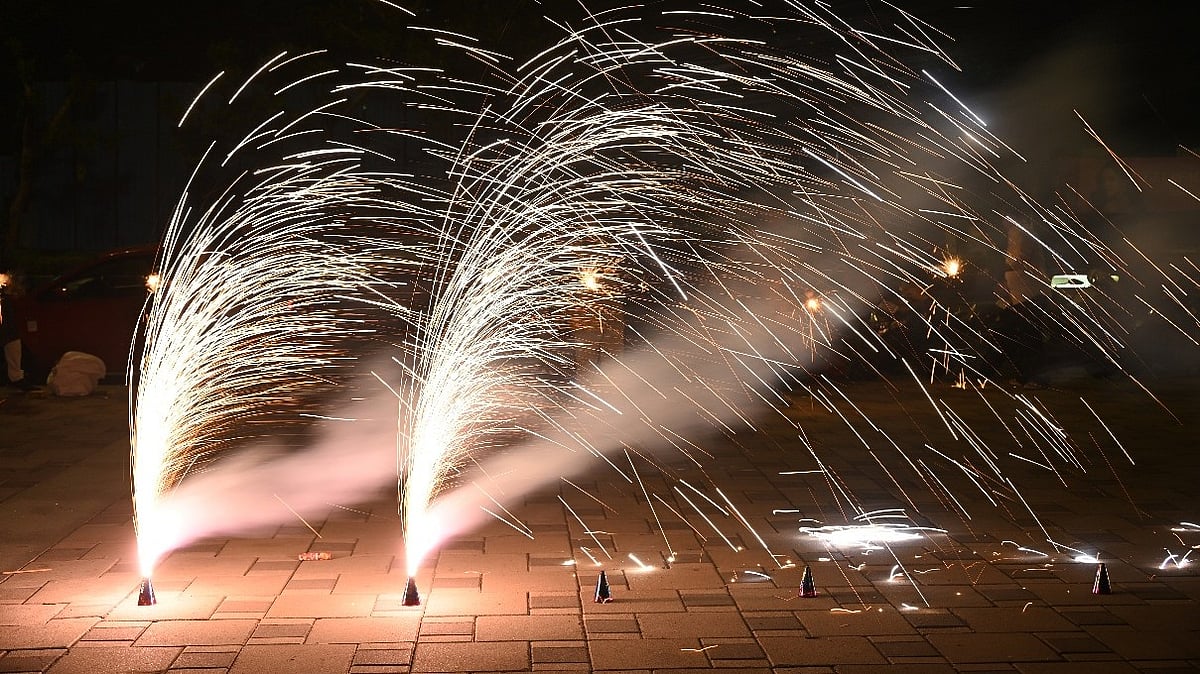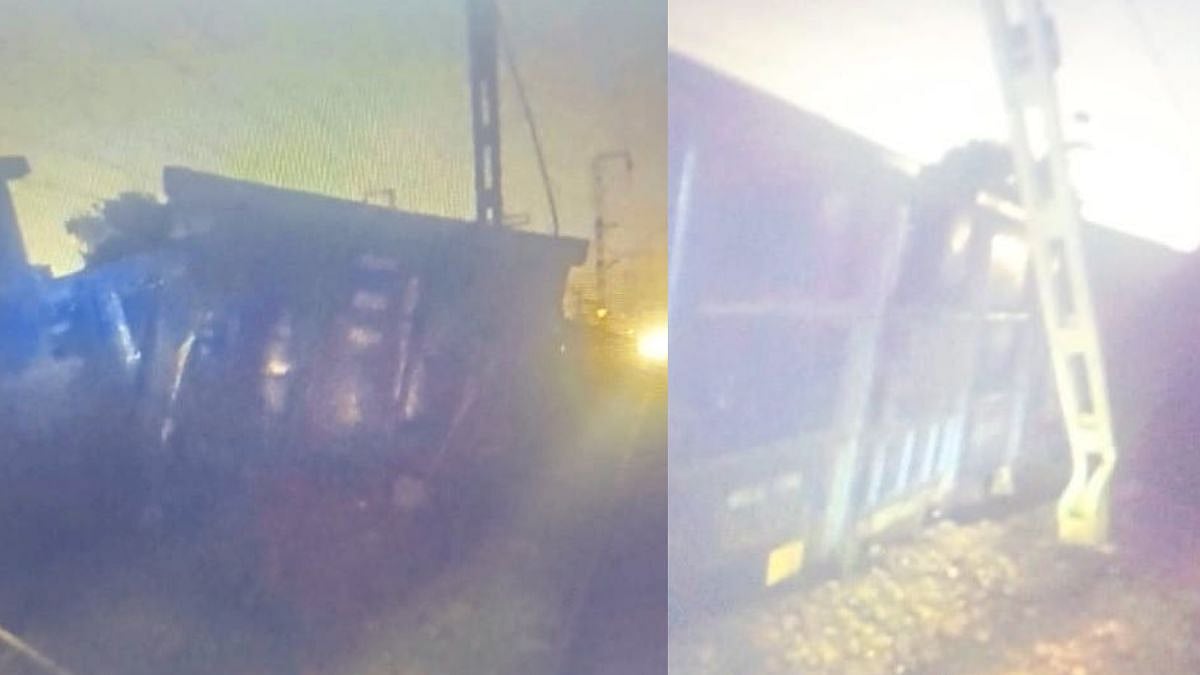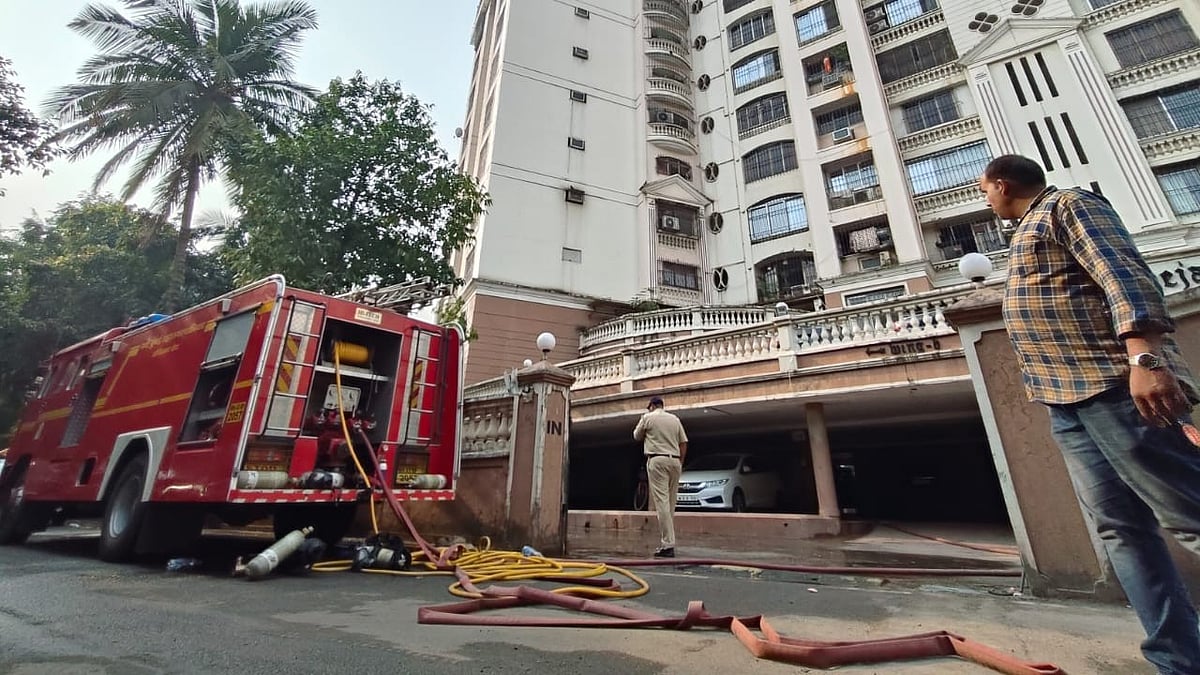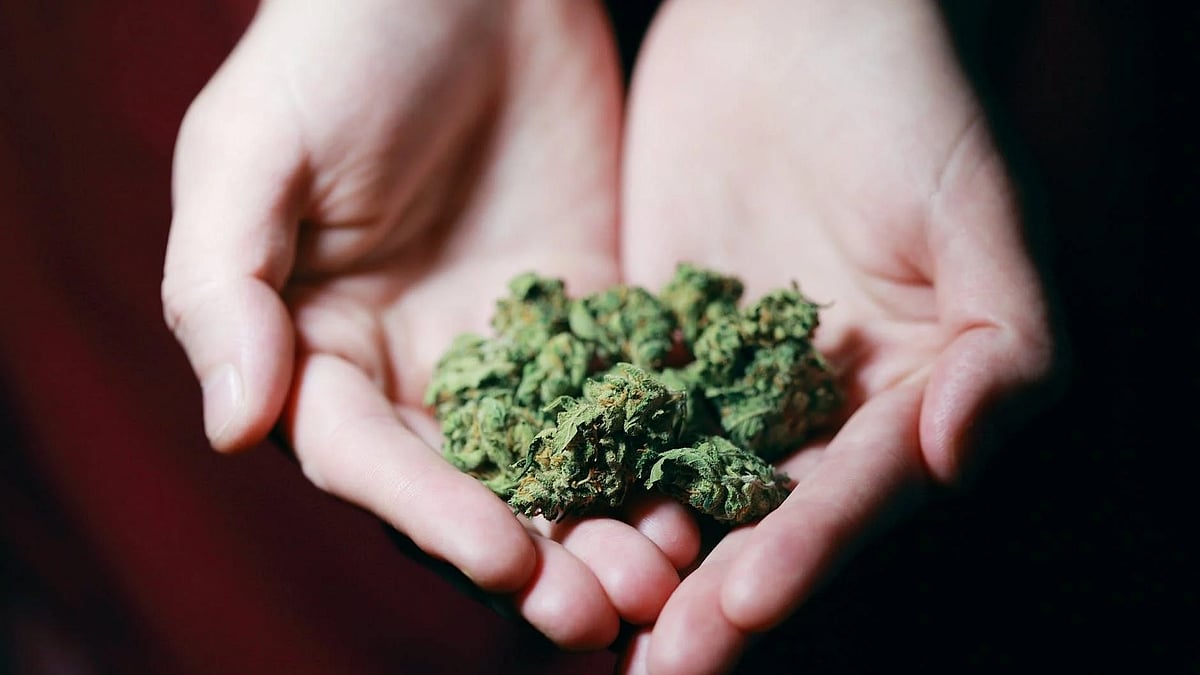Labels on most firecrackers sold during Diwali in Mumbai fail to disclose their full list of chemical components, with many toxic ingredients missing, according to a recent study by anti-noise campaign group Awaaz Foundation. The group conducted chemical testing on firecrackers collected from various stalls across the city.
The analysis revealed that a majority of the 25 firecracker samples tested positive for barium, a chemical classified as a toxin. According to the Agency for Toxic Substances and Disease Registry, excessive levels of barium can lead to hypokalemia (decreased blood potassium), which in turn may cause tachycardia, fluctuating blood pressure, muscle weakness, and paralysis.
Other samples contained titanium, which can trigger inflammation; chlorine, known to cause diarrhea and dehydration; and silicon, which can lead to brain fog and fatigue.
The study also found that over three-fifths of the samples did not mention their noise levels on the packaging. Moreover, potassium nitrate, a chemical that can impair the blood’s oxygen supply, cause headaches, and damage the kidneys in high concentrations, was found in several samples but was not listed on their labels.
Sumaira Abdulali, founder of Awaaz Foundation, said that the effects of toxic crackers were visible this year as heavy rains just before Diwali worsened pollution levels.
“Despite years of testing and campaigning, the state government has failed to control the adverse health effects caused by the bursting of toxic firecrackers,” said Abdulali.

The findings come amid a sharp decline in Mumbai’s Air Quality Index (AQI) during the festive period. According to data from the India Meteorological Department’s Colaba station, the AQI touched 341 (‘very poor’ category). The city’s average AQI worsened from 187 on Monday evening to 217 on Tuesday morning, largely due to firecracker emissions.
“The results of the testing for chemical content in commonly available firecrackers show extremely toxic heavy metals being released into the air, aggravating the already deteriorating air quality immediately following Diwali,” Abdulali added.








